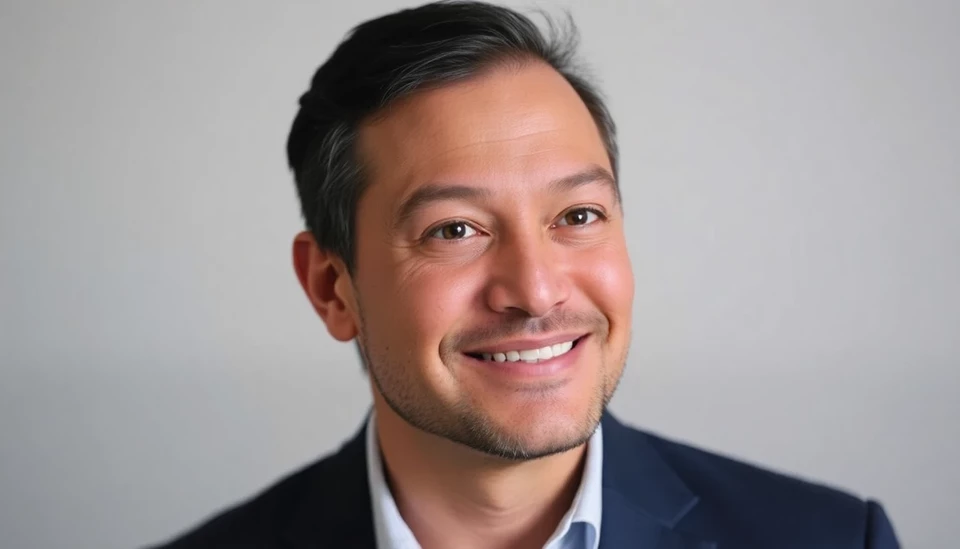
In a candid conversation, Richard Saynor, CEO of Sandoz, provided a deep dive into the complexities surrounding the pharmaceutical landscape, including the rising prominence of Ozempic, challenges facing the industry, and the influence of political figures such as Donald Trump. Saynor’s insights shed light on the evolving narratives within Big Pharma and the implications for patients, healthcare, and future drug development.
As Ozempic gains significant attention for its weight loss capabilities, Saynor noted the drug's dual role in managing Type 2 diabetes and addressing obesity. “There’s a tremendous interest in medications like Ozempic, which highlight the need for effective solutions in the battle against metabolic disorders,” he remarked. While Sandoz does not currently produce such biologics, Saynor acknowledged the strategic importance of being part of the conversation about innovative treatments in an era where consumer demand is shifting towards medications promoting weight management and overall health.
Big Pharma is no stranger to criticism, especially in light of increasing drug prices and accessibility issues. Saynor articulated Sandoz's commitment to providing affordable generic medications. “We operate under the core belief that everyone should have access to essential treatments,” he emphasized, underscoring the company’s efforts to strike a balance between profit margins and public health needs. Saynor passionately supports the role of generics in keeping healthcare costs in check and voiced his concerns over the implications of patent protections for innovative drugs that can inadvertently restrict access to generic alternatives.
Turning his focus to the political climate, Saynor shared insights on how the Trump administration's policies impacted the pharmaceutical industry. The discussion veered towards the push for drug price transparency and efforts to reduce Medicaid costs, reflecting a climate where businesses must navigate regulatory challenges while maintaining operational viability. “The healthcare landscape is heavily influenced by policy decisions, and as an industry, we must adapt and advocate for fair practices,” he stated, hinting at the need for a collaborative approach between pharmaceutical companies and policymakers.
Moreover, Saynor addressed the growing scrutiny that pharmaceutical executives face regarding their ethical responsibilities, particularly in light of ongoing debates about drug pricing strategies. He pointed out that trust is key in maintaining relationships with both consumers and healthcare providers. This necessitates a commitment not only to transparency but also to building a sustainable model that prioritizes patient welfare over profits. “Trust is earned, and it’s essential for our long-term success,” Saynor emphasized.
Looking ahead, Saynor expressed optimism about future innovations and the potential for biotechnology to transform patient care. He highlighted a strong pipeline of upcoming generic drugs aimed at treating various health conditions. “Innovation doesn’t solely belong to Big Pharma; the generic market has a vibrant role to play,” he asserted, envisioning a future where diverse companies contribute to a more accessible healthcare ecosystem.
In conclusion, the dialogue with Richard Saynor underscores the multifaceted challenges and opportunities within the pharmaceutical industry. As Ozempic captivates public interest, Sandoz’s commitment to affordable generics offers a glimmer of hope amid the complexities of modern health care.
As discussions on health care evolve, it is clear that insights from industry leaders like Saynor will continue to shape public perception and guide policy direction, impacting how patients access vital medications in the coming years.
#Sandoz #RichardSaynor #Ozempic #BigPharma #Healthcare #DrugPrices #Pharmaceuticals #Innovation #Generics #PoliticalInfluences
Author: Samuel Brooks

